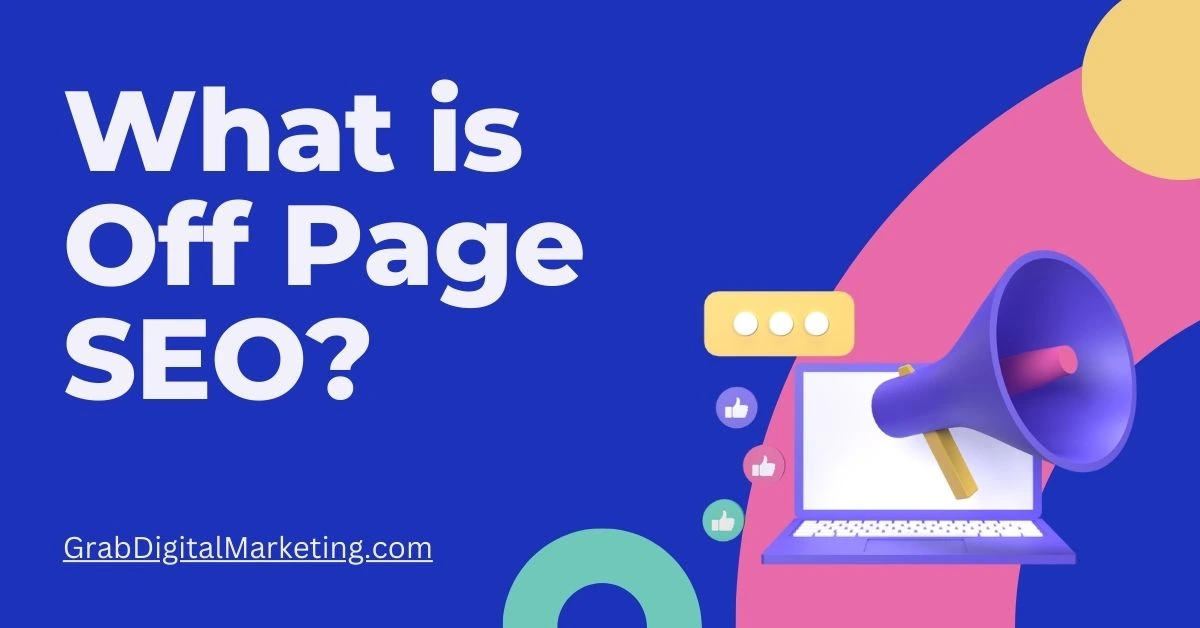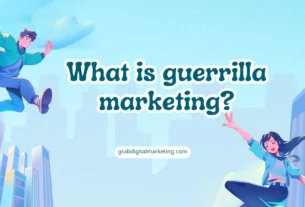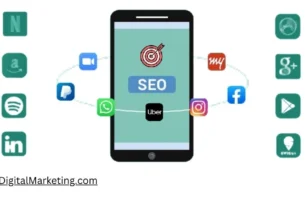Off-page SEO (Search Engine Optimization) is an essential component of the overall SEO strategy. It involves a set of practices that are carried out outside the boundaries of your website to improve its search engine rankings. Unlike On-Page SEO, which focuses on optimizing the content and structure within your website, Off-Page SEO emphasizes activities beyond your site. It aims to build your site’s authority, reputation, and credibility in the eyes of search engines like Google. Here’s a comprehensive guide to Off Page SEO:
1. What is Off Page SEO?
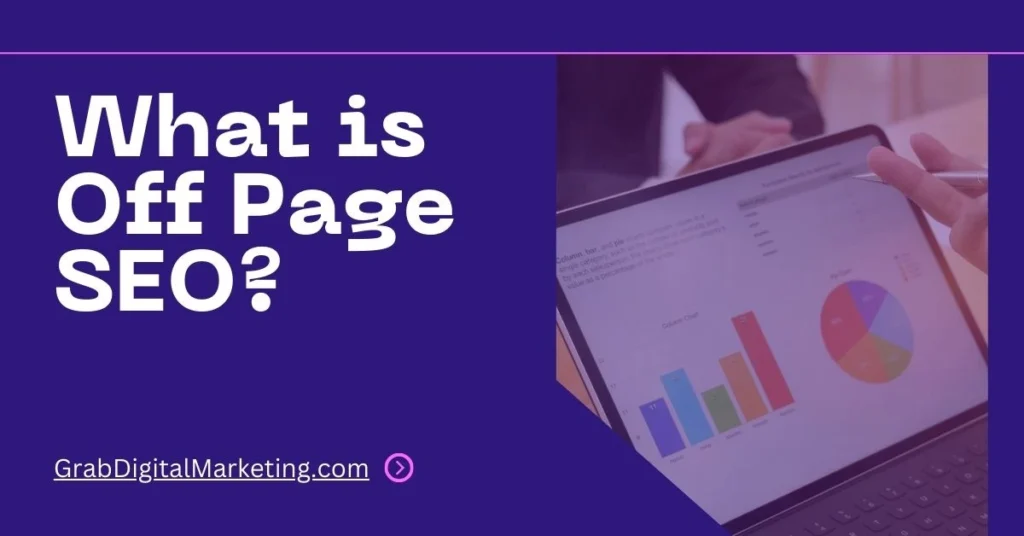
Off Page, SEO refers to all the activities you and others do away from your website to raise the ranking of a page with search engines. While many people associate off-page SEO with link building, it is not only that. Page SEO includes various promotional methods – for example, social media marketing – that happen outside the boundaries of your website.
2. Importance of Off Page SEO
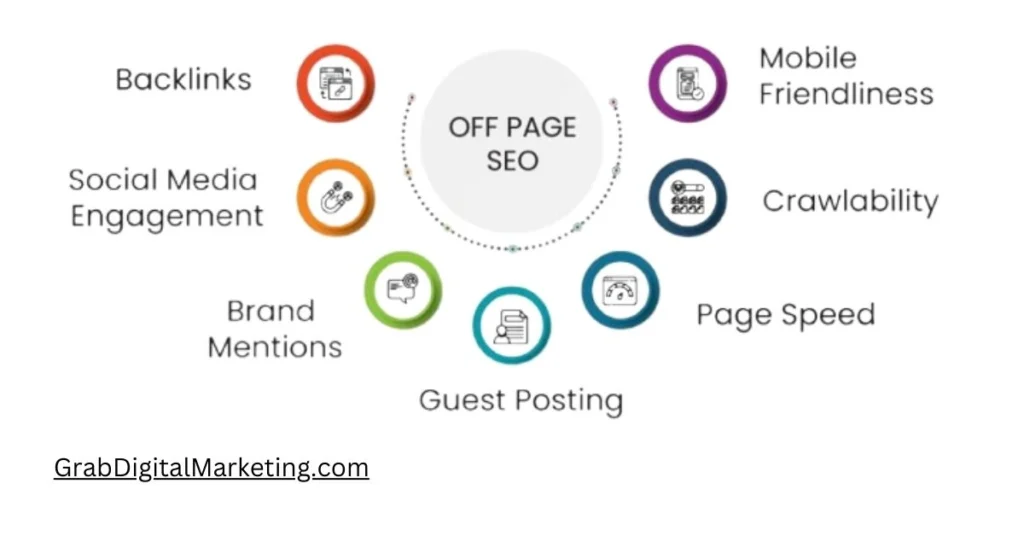
Off Page SEO helps search engines understand what others think about your website. For example, if many trusted sources link to or promote your website, search engines will assume that you have great content – the kind that provides value to users. Simply put, off-page SEO helps increase your website’s authority, credibility, and relevance, which can lead to higher search engine rankings.
3. Key Components of Off Page SEO

a. Link Building
Link building is a critical part of Off Page SEO. It involves acquiring backlinks from other websites to your own. These backlinks act as votes of confidence for your content. Here are some effective link-building strategies:
Guest Blogging: Writing articles for other reputable websites in your industry.
Broken Link Building: Find broken links on other sites and offer your content as a replacement.
Infographic Creation: Creating visually appealing infographics that others want to link to.
Social Bookmarking: Submitting your content to social bookmarking sites like Reddit, Digg, and StumbleUpon.
b. Social Media Engagement
Engaging with your audience on social media platforms is another essential aspect of Off Page SEO. When people share your content on social media, it can drive traffic to your website and improve your search engine rankings. Here are some tips:
Consistent Posting: Share high-quality content regularly.
Engage with Followers: Respond to comments, messages, and mentions to build a strong community.
Collaborate with Influencers: Partner with industry influencers to amplify your reach.
c. Influencer Outreach
Reaching out to influencers in your industry can significantly boost your Off Page SEO efforts. Influencers have a large following and can help you reach a broader audience. Tips for successful influencer outreach:
Identify Relevant Influencers: Look for influencers whose audience aligns with your target market.
Build Relationships: Engage with influencers by commenting on their posts and sharing their content.
Offer Value: Provide value, such as free products or exclusive content, to encourage influencers to promote your brand.
d. Brand Mentions
Brand mentions, even without a hyperlink, can positively impact your Off Page SEO. When other websites mention your brand, it signals to search engines that your site is authoritative and relevant. Strategies to increase brand mentions include:
Public Relations: Get featured in news articles, press releases, and industry publications.
Content Marketing: Create shareable and valuable content that others want to mention.
Sponsorships and Partnerships: Partner with other businesses or sponsor events to increase brand visibility.
4. Measuring Off Page SEO Success
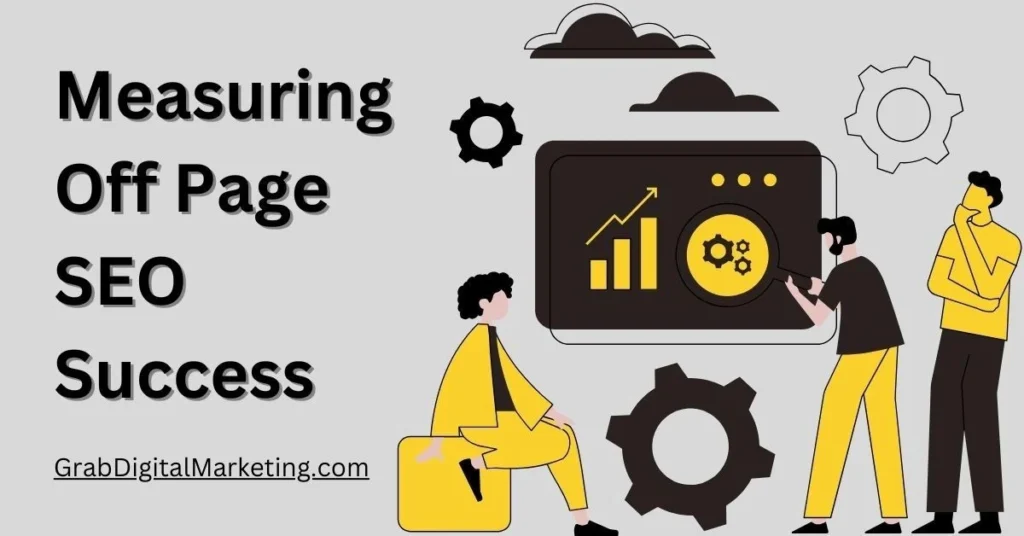
Measuring the success of your Page SEO efforts is acceptable to understanding what works and what needs improvement. Key metrics to track include:
- Domain Authority (DA): A measure of your website’s authority based on the quality and quantity of backlinks.
- Referral Traffic: The amount of traffic coming from external sources.
- Social Shares and Mentions: The number of times your content is shared and mentioned on social media.
- Brand Searches: The number of times people search for your brand name on search engines.
5. Conclusion
Off Page SEO is a vital component of your overall SEO strategy. It helps build your website’s authority, acceptance, and relevance, leading to higher search engine rankings. By focusing on link building, social media engagement, influencer outreach, and brand mentions, you can significantly improve your Page SEO efforts. Remember, the key to successful off-page SEO is consistency and providing value to your audience.
By implementing these strategies and tracking your progress, you’ll be well on your way to achieving better search engine rankings and driving more organic traffic to your website.
How about that? If you need more specifics or want to explore certain aspects further, feel free to ask!

